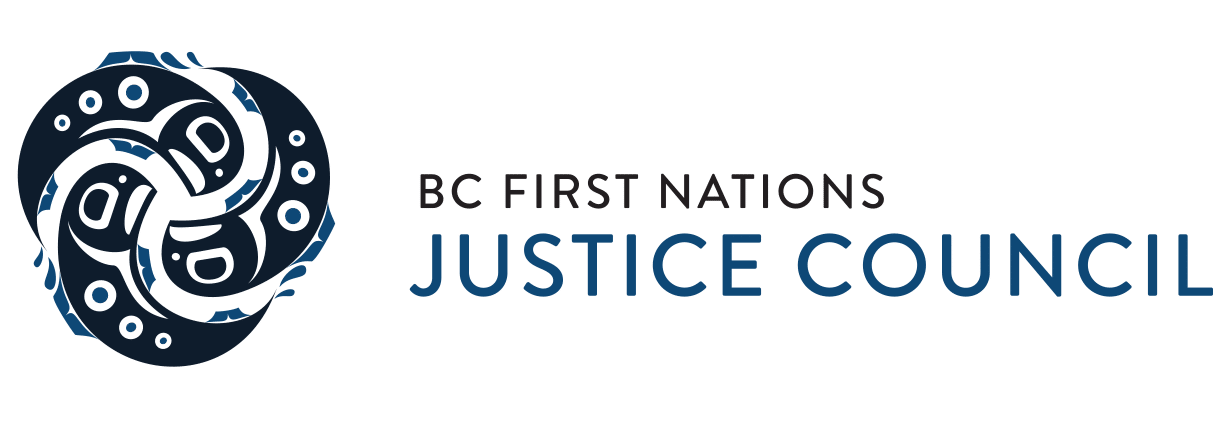Overview of Indigenous Justice Centres services
Indigenous Justice Centres (IJCs) provide culturally appropriate information, advice, support and representation directly to Indigenous people at the community level. There are currently fifteen IJCs and one Virtual IJC in the province. We know access to justice for our people demands more than 15 brick and mortar IJCs, and we are actively advocating for solutions to address this.
IJCs reflect a partnership between the BC First Nations Justice Council and local First Nations leadership. While focused primarily on criminal law and child protection issues (priorities set by First Nations leaders in BC), they also offer additional services based on community and cultural needs.
Justice issues do not exist in isolation but are linked to social and health determinants. Knowing this, IJCs take a holistic approach to client and community wellness by facilitating client connections to supports such as housing, mental health and addictions treatment, and employment services.
Stated another way, the IJCs provide support both to individuals, in their interactions with the justice system, and to communities seeking to expand and improve their justice infrastructure.
Current locations of Indigenous Justice Centres
Indigenous Justice Centre Objectives
Incorporating the priorities determined by community experts, the general objectives for the IJCs identified by the BC First Nations Justice Council (BCFNJC) are as follows:
- Keep Indigenous people safe by reducing incarceration.
- Facilitation of Gladue reports to support accused;
- Promoting and facilitating expanded community support for accused at trial;
- Seeking greater use of restorative justice in sentencing; and
- Seeking reduction in numbers of sentencing/release conditions which unnecessarily increase the likelihood of re-incarceration on breach.
- Divert Indigenous people to a healthy path away from justice involvement.
- Promoting diversion as a “first option” at all levels of the criminal justice process;
- Promoting better transitions from jail and reintegration into community; and
- Referrals to health / treatment services, victim services, or other supportive programming.
- Make the justice system experience more Indigenous.
- Provision of a safe cultural space for Indigenous service providers to assist clients
- Supporting community efforts to implement or expand traditional Indigenous justice forms and seek self-determination in justice matters
- Make it easier for Indigenous people to navigate justice and obtain support.
- Legal representation and/or legal referrals in child welfare and criminal cases
- Elder and community support at court and other forums
- Outreach on access to justice and legal literacy regarding child welfare processes and criminal law
- Functioning as a focal/referral point for Indigenous-serving organizations


